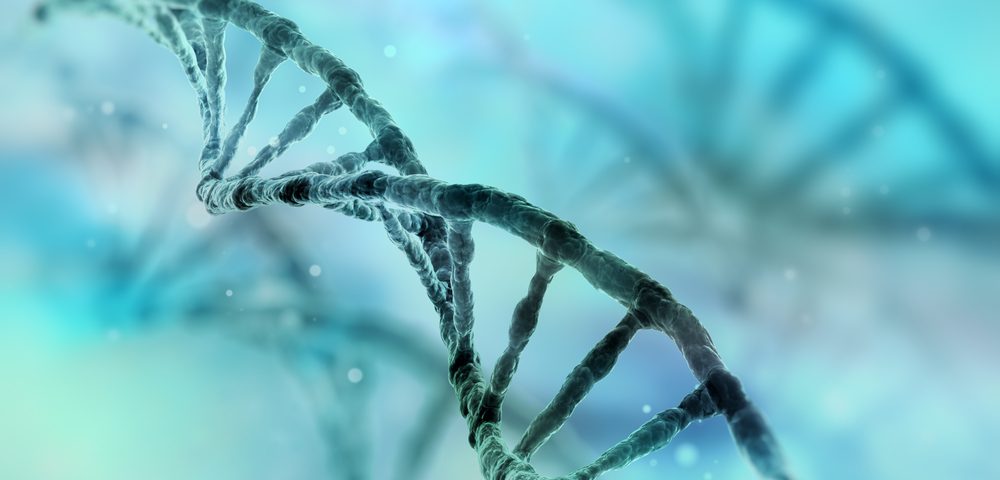Colon cancer growth may be dependent on increased activity in enhancer DNA regions, which act to trigger the harmful actions of known cancer genes, according to a study that explored a large collection of colorectal cancer samples.
Since the changes were very similar across genetically diverse tumor samples, researchers believe they are caused by a common mechanism. The findings may, therefore, lead the way to new cancer-fighting drugs that target these so-called enhancer elements.
The study, “Hotspots of aberrant enhancer activity punctuate the colorectal cancer epigenome,” was published in the journal Nature Communications.
In their exploration of genetic changes in 42 cancer samples, the research team at Case Western Reserve University School of Medicine did see mutations that had been shown to increase colon cancer risk in earlier studies. But they also noted that enhancer elements likely play a role — working together with known disease genes — to drive cancer growth.
“Our data suggest that the survival of colon cancer cells often depends on the expression of genes associated with common enhancer changes,” Peter Scacheri, PhD, senior author of the study and associate professor of genetics and genome sciences at Case Western Medicine, said in a press release.
Enhancer elements are short DNA sequences that work to control the activity of other genes. By coming into close contact with a specific gene — something that happens when the DNA spiral is folded in complex patterns — they switch a gene on by attracting other proteins to the site.
“Enhancer elements are distinguishable by specific chemical tags on DNA, like bulbs on a string of lights,” Scacheri said.
To the team’s surprise, they found that chromosomes in which known cancer genes sit are littered with such regions that are unusually active.
The team became convinced that these regions contribute to cancer growth when they genetically manipulated the enhancer regions of cancer cells grown in the lab. They noted that previously active cancer genes became silent. This also supports the theory that it would be possible to treat colon cancer by switching the enhancers off.
“Identifying common enhancer changes helps us pinpoint a specific set of genes that are consistently switched on during transformation of normal cells to cancer cells,” Scacheri said. “These genes define the tumor state, and therefore could be just as important to tumor growth as those that are commonly mutated.”
The team now aims to better understand the enhancer regions to build a knowledge base that would enable drug development.
“Our next step is to determine exactly how the common enhancers form in colon cancer, and whether we can target their destruction as a strategy to kill tumor cells without harming normal cells,” Scacheri said.


